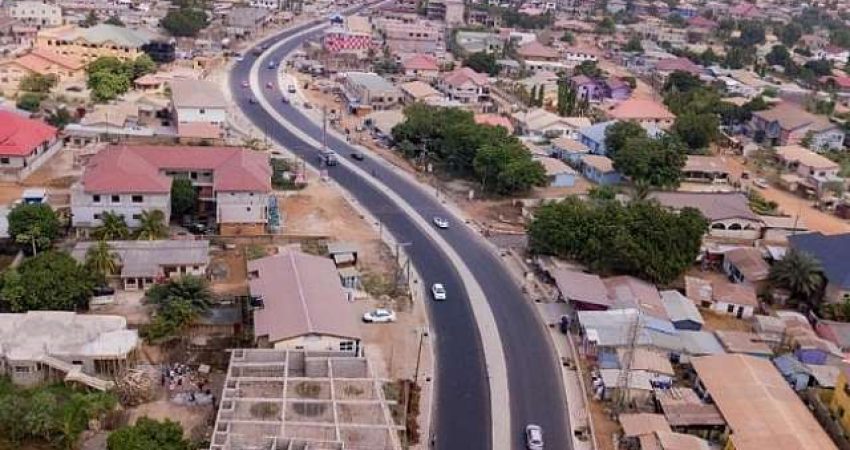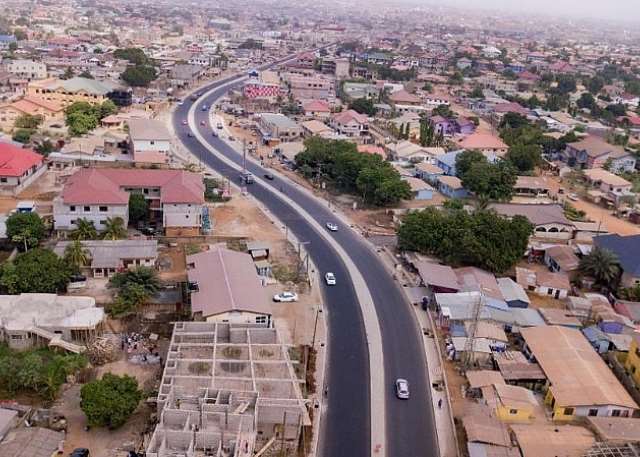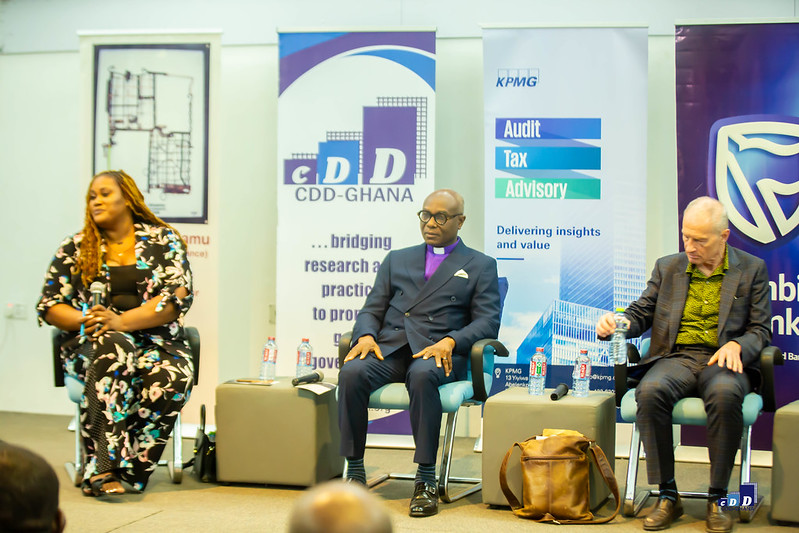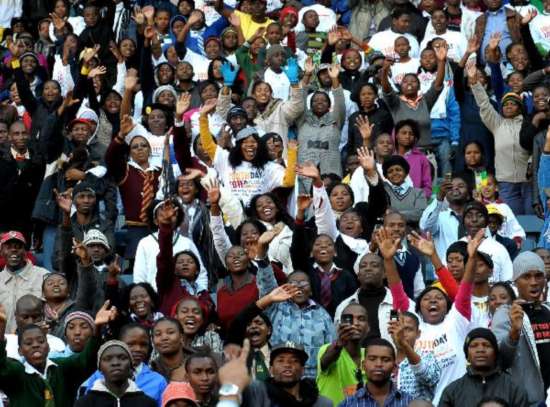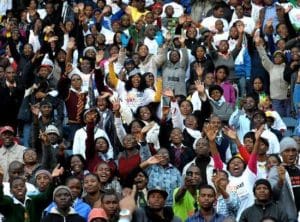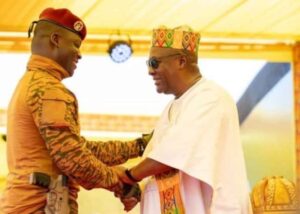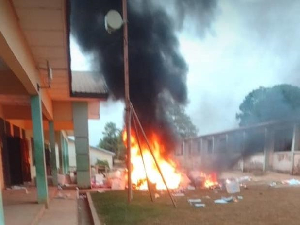Elections are the heart of any democracy’s architecture. In Ghana, the constitution guarantees every citizen the right to vote. It is important to note upfront that voter turnout is generally not a problem in Ghana. When asked nine times (1999, 2005, 2008, 2012, 2014, 2017, 2019, 2022, 2024) over the course of the Afrobarometer survey whether they voted in the most recent election, cumulatively 84% responded in the affirmative. Among urban voters, 82% answered affirmatively compared to 84% among rural voters.
Actual voter turnout rates have generally been good ranging between a low of 61% and a high of 85% over eight elections. The Electoral Commission does not have publicly available data on voter turnout rates disaggregated by key demographics. But the point is clear that getting Ghanaian voters to the polls during elections is not generally a problem, whether among urban or rural voters.
There are, however, some emerging patterns (rural-urban gaps) in our attitudes toward elections that require some introspection as it potentially has implications for our democracy.
Rural-Urban Gaps
Support for elections. Since Afrobarometer Round 2 (2002), Ghanaians have been asked about their support for using elections as the method for choosing leaders. Between 2002 and 2022, on average, there was no significant difference between Ghanaian urban dwellers (87%) and those in the rural areas (86%). However, in the most recent round (2024), support for elections is five percentage points higher among urban dwellers (83%) when compared to rural dwellers (78%). In addition, support for elections has dropped higher for rural dwellers (-8%) than urban dwellers ( -5%) between 2002 and 2024.
Reasons for not voting. In Afrobarometer Round 10 (2024), when Ghanaians were asked about reasons for not voting in the most recent election (2000), the top three reasons for urban dwellers were as follows – not interested in politics or voting (24%); not registered to vote (23%); and did not have time to vote (19%). Among rural dwellers, the top three reasons were not registered to vote (40%); did not have time to vote (16%); and some other reason (16%).
Efficacy of elections (electing MPs). At four different junctures (2005, 2008, 2014, and 2022), the Afrobarometer survey asked Ghanaians whether elections “ensure that representatives to the parliament reflect the views of voters?” The first three occasions, there was no difference between Ghanaians living in urban and rural areas. Both felt elections do this “fairly well/very well.” However, in 2022 when the question was last asked, the percentage of Ghanaians in urban areas who answered “fairly well/very well” was 59% compared to 65% among those in rural areas. In addition, the percentage saying, “fairly well/very well” has dropped more significantly among Ghanaians living in urban areas (-13%) in comparison to those in living in rural areas (-5%).
Trust in the Election Management Body. The Electoral Commission (EC) of Ghana has the primary responsibility for conducting free and fair elections. Citizens must trust that the EC would discharge this function impartially. Over ten rounds of the Afrobarometer survey where Ghanaians have been asked about their trust in the EC, on average, those in the rural areas (30%) tend to say they trust the institution “a lot” compared to 24% who say the same among those in urban areas. During seven out of the ten rounds of the Afrobarometer survey, Ghanaians living in rural areas have expressed more trust in the EC than those in the urban areas by margins ranging between 5% and 15%. Since the maiden round of the survey (1999) and the most recent (2024), trust in the EC has dropped more significantly among Ghanaians in rural areas (-23%) than those in urban areas (-9%).
Worrying Implications
Why has support for elections dropped higher, among Ghanaians living in rural areas compared to those in urban areas? What does this potentially mean for electoral participation, especially among rural dwellers? Elections are a crucial element of democracy, and such gaps must be addressed. As a country, we must endeavor to have more and not less participation in our electoral processes.
Consider the fact that the number one reason why rural dwellers did not vote in an election is “not registering to vote.” Are there structural barriers that make it more challenging for Ghanaians in rural areas to register to vote? If so, the EC must create less burdensome administrative processes that facilitate voter registration especially in the rural areas.
The lack of trust issue is more pronounced among Ghanaians living in rural areas than those in urban areas. What is contributing to this gap? Unearthing the reasons will help with any voter education outreach to rural voters.
Without addressing these gaps, Ghana risks not having all its citizens, regardless of geographic location, fully participate in elections. Democratic consolidation efforts cannot overlook this.
 John Osae-Kwapong (Ph.D) is a Democracy and Development (D&D) Fellow at the Ghana Center for Democratic Development (CDD-Ghana) and the Project Director at The Democracy Project.
John Osae-Kwapong (Ph.D) is a Democracy and Development (D&D) Fellow at the Ghana Center for Democratic Development (CDD-Ghana) and the Project Director at The Democracy Project.
*Featured photo credit: Modern Ghana


